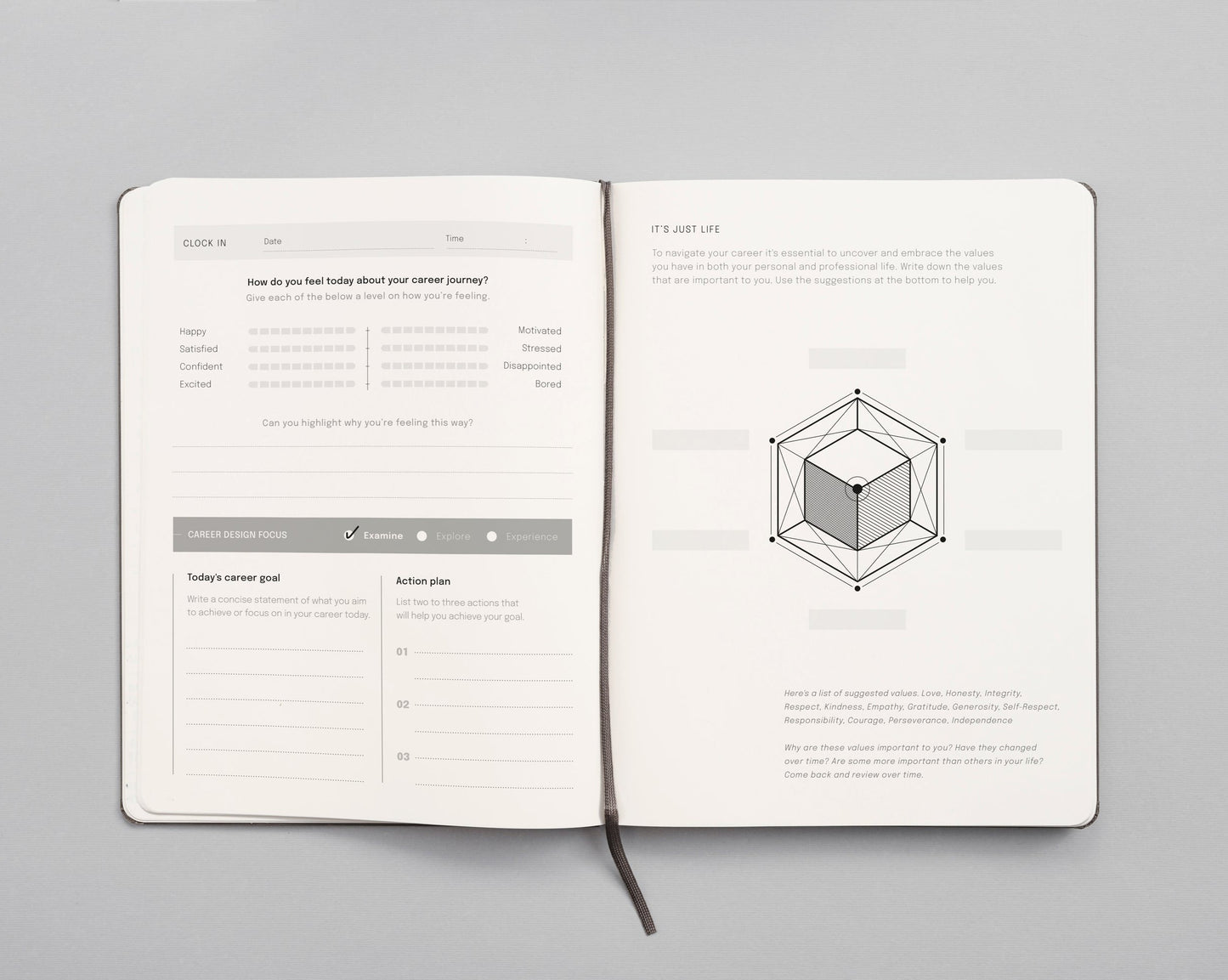As we advance in our careers, it’s easy to fall into the trap of thinking that success lies in constantly chasing the next big thing. New technologies, the latest industry trends, or innovative strategies often grab our attention. But what if the secret to staying competitive and thriving in your career isn’t found in the flashy new tools or tactics? What if it’s in revisiting and mastering the basics?
For many professionals over 30, especially those juggling complex responsibilities and multiple roles, the temptation to focus on big-picture advancements can lead us to overlook the fundamental skills that got us to where we are today. However, it’s these core competencies, things like effective communication, time management, and problem-solving that provide the foundation for sustained success and resilience in an ever-evolving professional world.
Why Mastering the Basics Matters
At first glance, focusing on the basics may seem too simplistic. After all, doesn’t success come from embracing new techniques and adapting to the latest advancements? While innovation is undeniably important, it’s the mastery of core skills that sets a solid foundation for sustained progress.
The basics, such as effective communication, time management, emotional intelligence, and problem-solving, never go out of style. These competencies are the glue that holds your advanced skills and knowledge together. No matter how much you evolve in your career, without a solid understanding of these foundational skills, you might struggle to navigate challenges and capitalize on opportunities effectively.
The Power of Refining Core Skills
Professionals over 30 often find themselves in leadership roles or positions of increased responsibility. With this comes the need to be both strategic and effective in day-to-day operations. The ability to lead teams, prioritize tasks, and make critical decisions becomes essential. Refining core competencies in these areas is crucial to staying competitive and maintaining long-term career growth.
Take, for example, time management. In a world of constant deadlines and distractions, the ability to stay organized and manage your time effectively is a game changer. It’s not about working harder but working smarter. By mastering the basics of time management such as using calendars, setting priorities, and breaking tasks into manageable steps, you free up mental space to focus on high-level strategies that move your career forward.
Actionable Tips for Mastering the Basics
1. Revisit Communication Fundamentals
Strong communication skills are at the heart of every successful career. Whether you’re leading a team, negotiating a deal, or pitching an idea, being able to express yourself clearly and listen effectively is key. Practice active listening, avoid jargon, and be concise. Clarity is crucial, and mastering this basic can elevate your professional relationships and influence.
2. Strengthen Emotional Intelligence (EQ)
Emotional intelligence involves understanding and managing your own emotions, as well as recognizing and influencing the emotions of others. Professionals with high EQ are better at conflict resolution, building relationships, and leading teams. Take time to reflect on how you respond to stressful situations and work on empathizing with colleagues. Emotional awareness helps you navigate challenges and connect with others in a meaningful way.
3. Sharpen Problem-Solving Skills
Problem-solving is an essential competency that’s often overlooked. Being able to identify a problem, analyze it, and develop a strategic solution is crucial in any role. Take small steps each day to practice these skills by breaking down challenges into manageable components. Approach problems with a calm, analytical mindset, and use creative thinking to explore various solutions.
4. Prioritize and Delegate
In today’s fast-paced work environment, it’s easy to get overwhelmed by competing priorities. Learning to prioritize tasks based on their importance and urgency is a basic skill that can significantly boost productivity. Additionally, effective delegation can help you focus on high-level tasks and empower others to take ownership of smaller tasks. Both of these strategies are fundamental to staying competitive in a demanding professional landscape.
Refine Your Basics, Reap Long-Term Success
Mastering the basics is not about regressing to simpler times or avoiding new challenges, it’s about ensuring that your foundational skills are strong and reliable. When you take the time to refine these competencies, you create a strong base for more advanced skills and strategies to thrive.
As professionals, we often overlook these basics in pursuit of the next big thing. But in reality, mastering the basics equips you with the tools to handle any challenge with confidence, resilience, and strategic foresight. So, take a step back, revisit the fundamentals, and invest in refining the core competencies that will set you up for long-term success.
By continually honing the basics, you build not just a career, but a resilient professional foundation that will support you in an ever-changing world.








